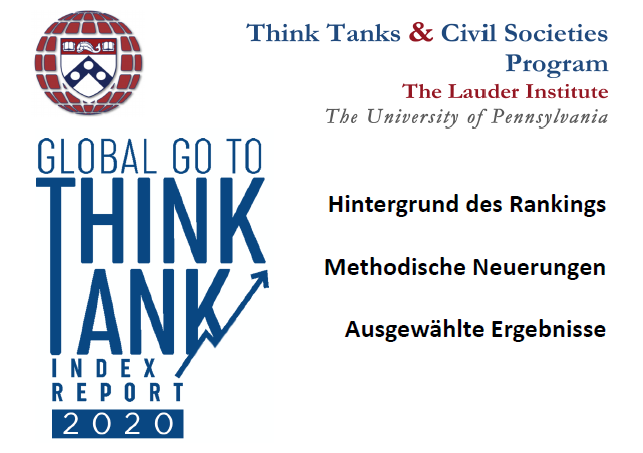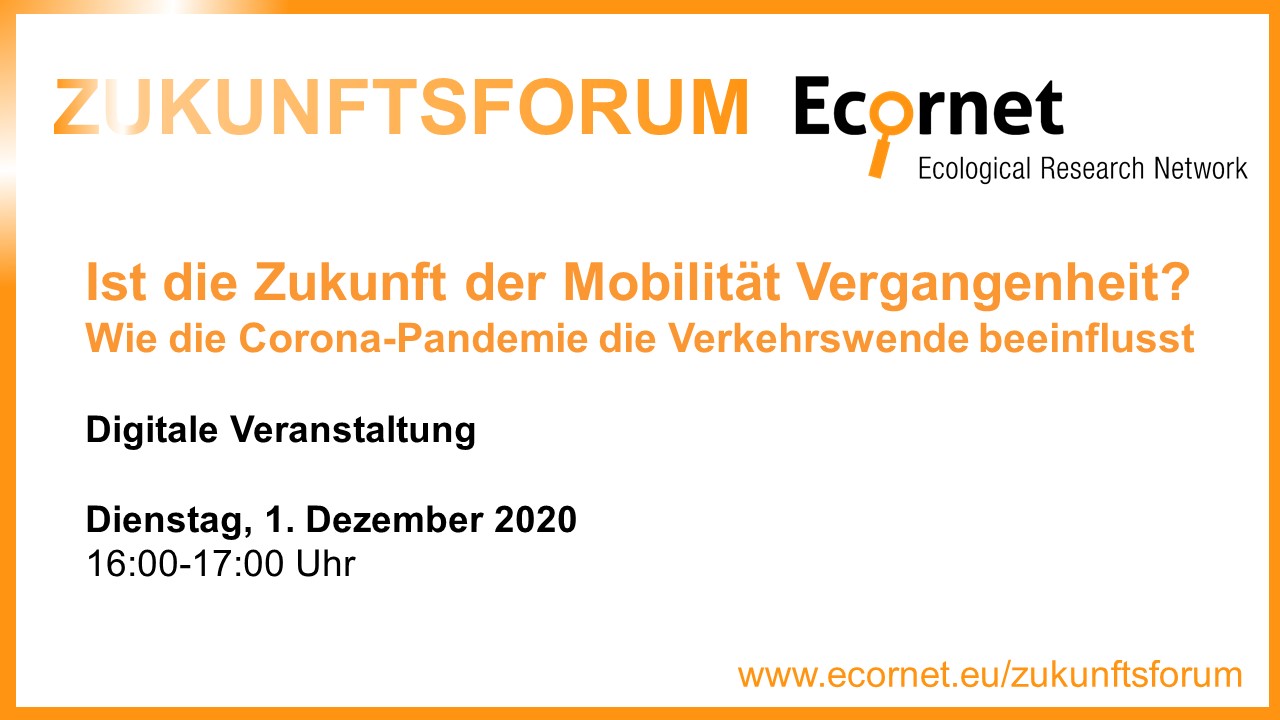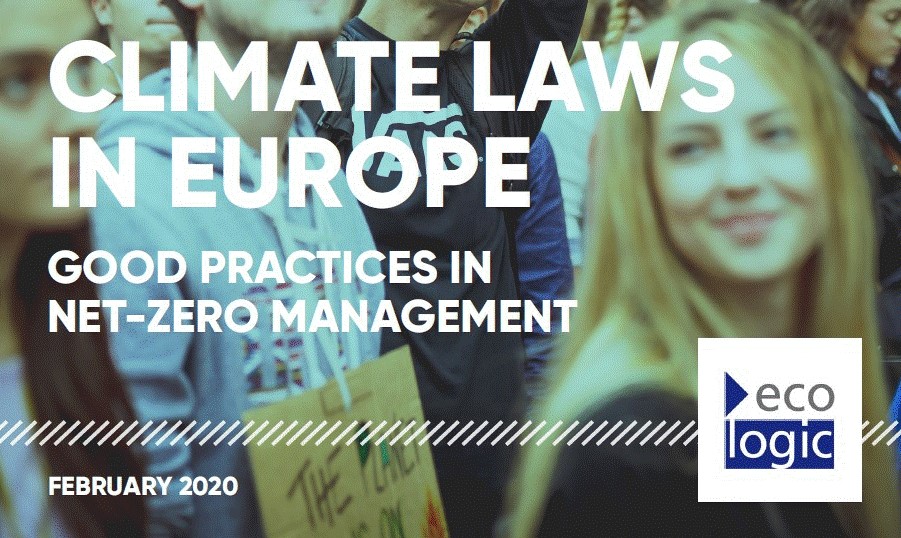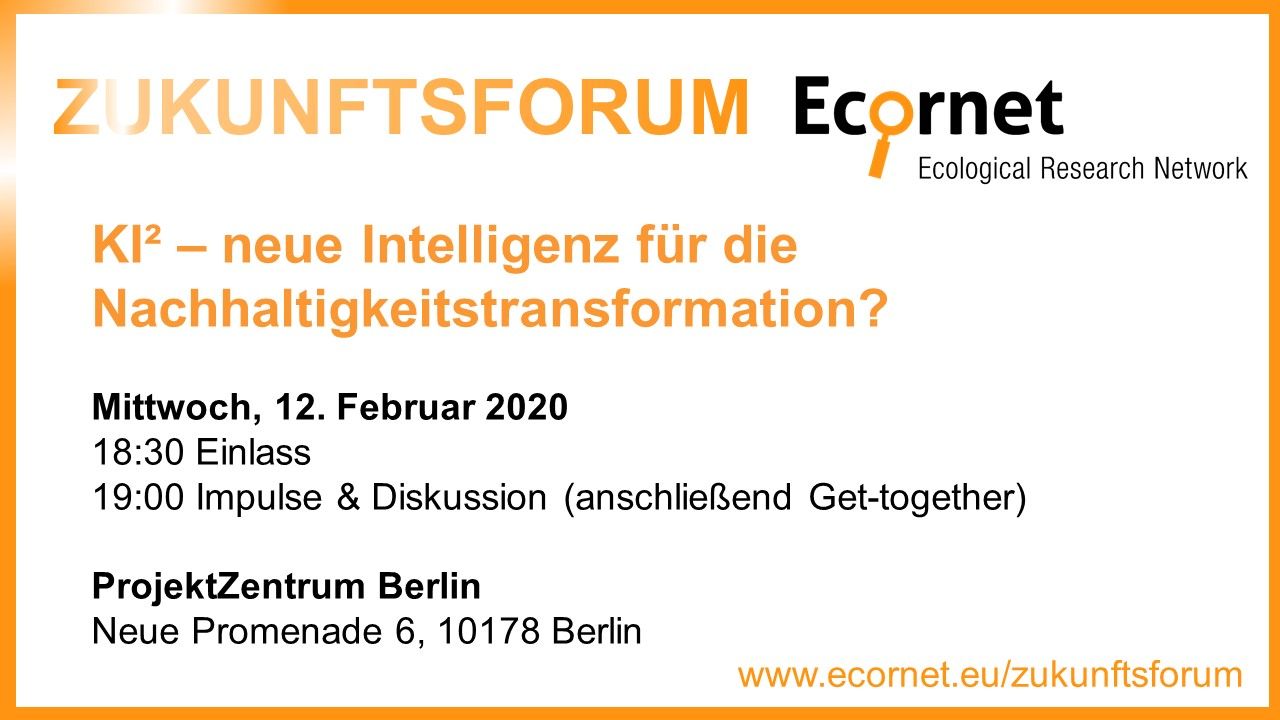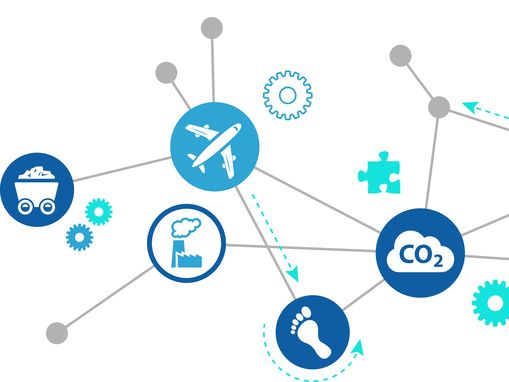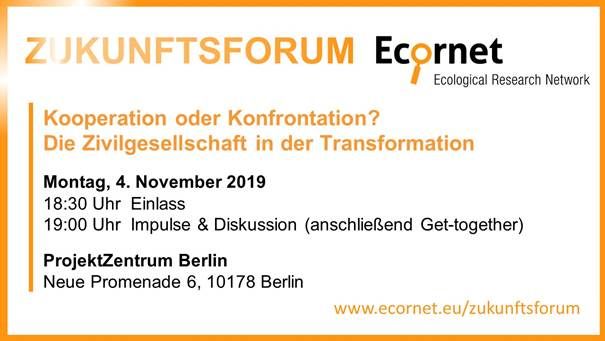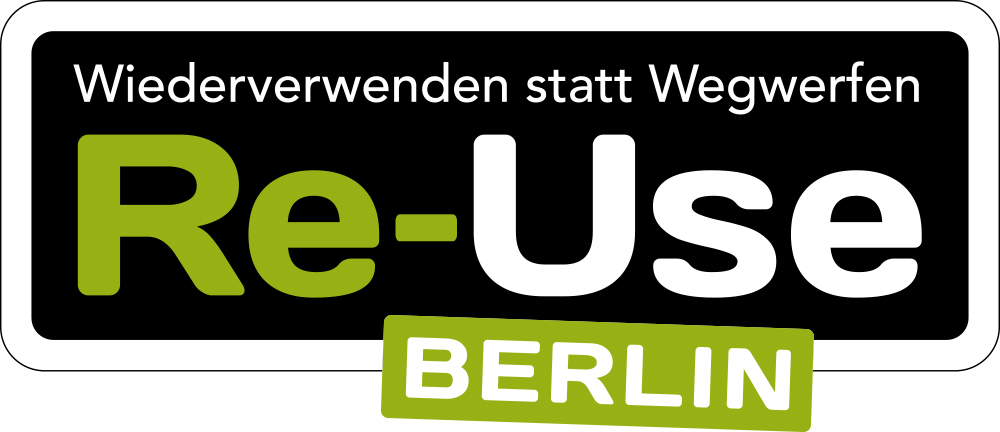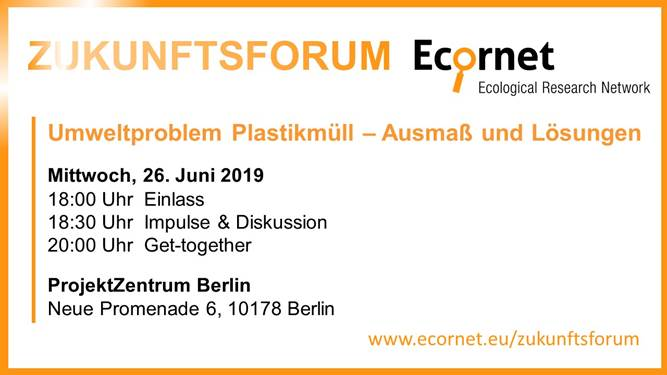Event:Digital Event
Event:Discussion
The EU on the Road to the Glasgow Climate Summit (COP26)
Dr. Camilla Bausch speaks at the Andrássy University Budapest event "Visions for Europe"
online
Event:Discussion
Event:Discussion
Is the Future of Mobility the Past?
How the Corona pandemic is affecting the transformation of transport systems
online,
Germany
Event:Discussion
Event:Discussion
Event:Discussion
Event:Discussion
Event:Discussion
Event:Discussion
Event:Discussion
Event:Discussion
Event:Discussion
Event:Discussion
Event:Discussion
